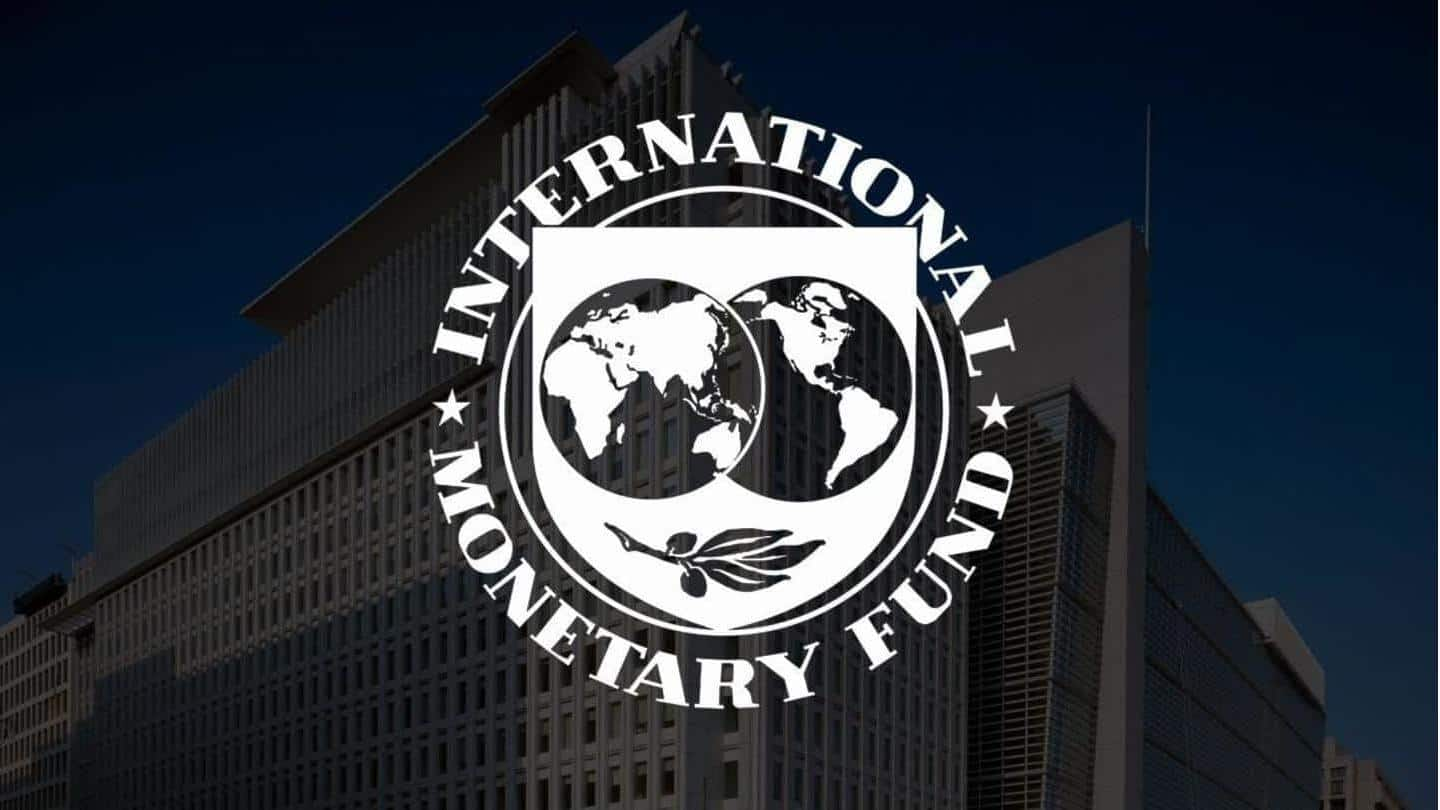
'2023 will feel like recession,' warns IMF amid economic downturn
What's the story
The International Monetary Fund (IMF) warned on Tuesday that global growth may see a further drop in 2023 as economies worldwide struggle to deal with the Russia-Ukraine crisis fallout, AFP reported.
It noted that it would result in increased costs of living and economic downturns.
Notably, the global economy has taken numerous blows in recent years, including the Russia-Ukraine war and the COVID-19 pandemic.
Context
Why does this story matter?
Following the COVID-19 pandemic, the global economic crisis was precipitated by the Russia-Ukraine war and rising US interest rates, which escalated global fuel rates and other import prices.
Countries with significant debt obligations, like Sri Lanka, are inevitably the worst hit.
To soothe unrest, certain European, Asian, and African nations have provided refunds and energy subsidies. Experts, however, feel it will exacerbate the disarray.
Statement
'One-third of the world economy will see a decline'
"This year's shocks will re-open economic wounds that were only partially healed post-pandemic," IMF Economic Counsellor and Head of Research Department Pierre-Olivier Gourinchas said in a blog post.
He cautioned that over one-third of the world economy is projected to see a decline this year or the next.
The world's three largest economies—the United States, European Union, and China—will "continue to stall," he added.
Details
IMF reduced global GDP prediction for 2023 to 2.7%
Gourinchas predicted the worst was yet to come in terms of the worldwide impact of the economic slump.
"For many people, 2023 will feel like a recession," he said.
According to reports, the IMF has reduced its global GDP forecast for 2023 to 2.7%, 20 basis points lower than its July projection.
The projected global growth rate this year has remained unaltered at 3.2%.
Reason
Central banks main contributors to slowdown?
Experts claim that one of the main causes of the global economic slowdown is the change in policy as central banks attempt to control skyrocketing inflation with higher interest rates to cool domestic demand.
According to Gourinchas, rising price pressures pose the most immediate danger to growth.
The restoration of price stability is now the "laser focus" of central banks, he further stated.
Prediction
Global inflation would be highest this year at 9.5%
Meanwhile, global inflation is likely to reach a record high of 9.5% this year before declining to 4.1% by 2024.
However, the IMF has cautioned that underestimating the inflation persistence might be harmful to macroeconomic stability in the future.
It further said that many low-income nations are either on the verge of financial or debt distress or already going through it.
US economy
What did IMF say about US slowdown?
The IMF also lowered its growth projections for the world's two largest economies, the US and China.
US economic growth is estimated to be 1.6% this year following an unexpected decline, which is 0.7 points lower than the IMF's July prediction.
"Declining real disposable income continues to eat into consumer demand, and higher interest rates are taking an important toll on spending," it said.
Information
Aggressive rate hike trend by Federal Reserve
According to AFP, the US Federal Reserve has been "aggressively" hiking interest rates in order to damp down growing inflation, which is hampering economic activity.
Furthermore, the central bank has already expressed that further rises are likely in the future, reported AFP.
Also, the IMF said the eurozone's slump would worsen next year, while China's growth will be at its worst level in decades.